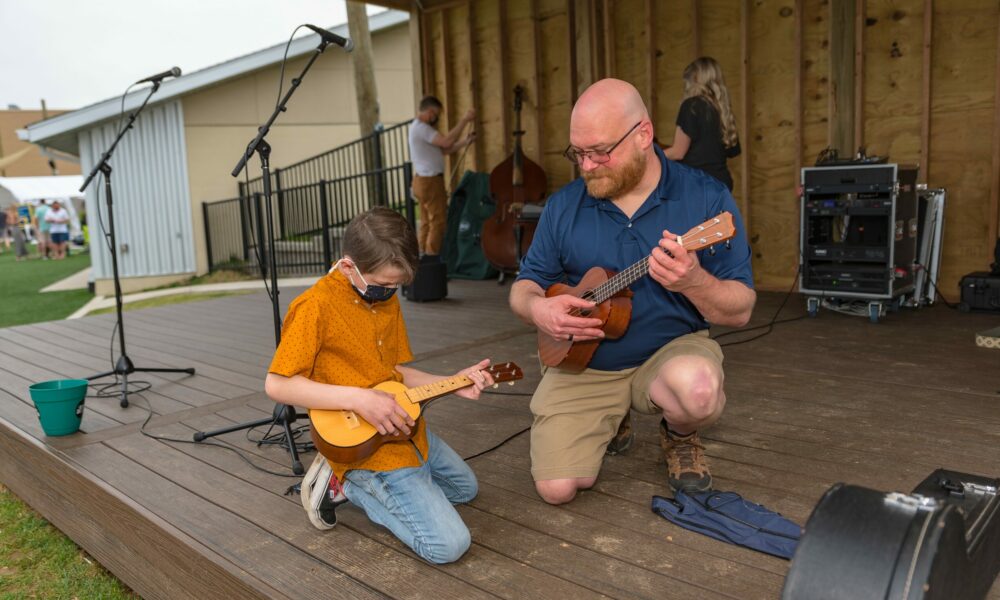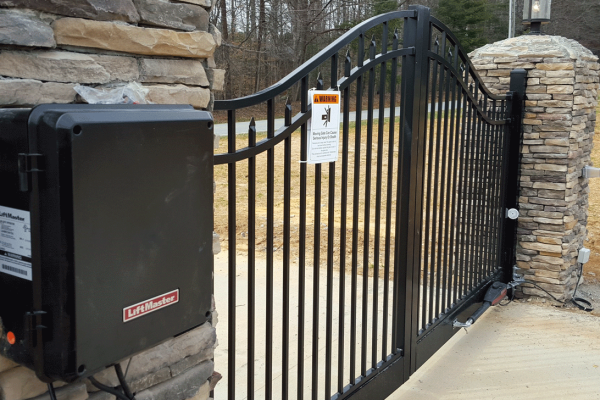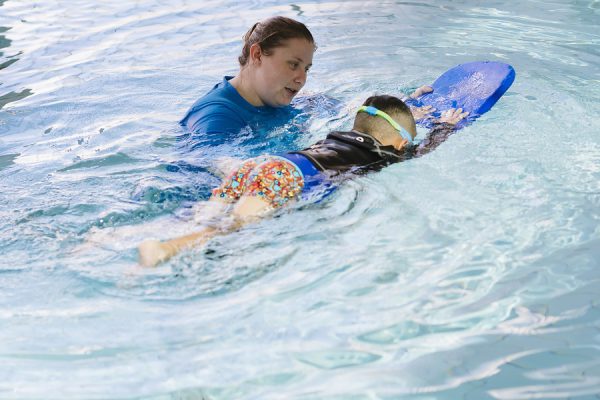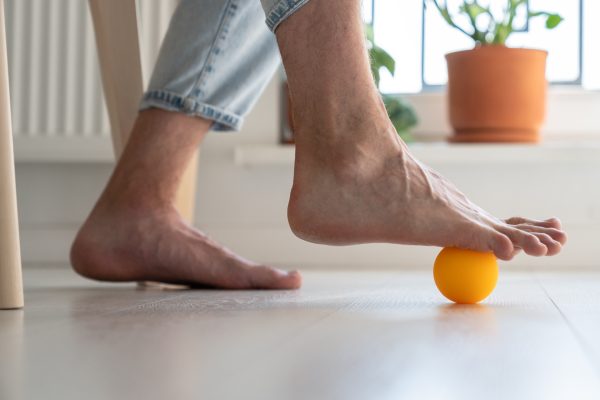Overcoming Stage Fright: Your Guide to Confidently Shredding Your Guitar Skills Onstage
The spotlight shines, the crowd buzzes with anticipation, and your heart pounds in your chest. It’s time to take the stage and share your musical passion. But wait – that familiar wave of anxiety washes over you, and suddenly, your fingers feel like they’ve forgotten everything you learned in your guitar classes.
Stage fright is a common foe for musicians, even seasoned professionals. However, it doesn’t have to hold you back from showcasing your talent and enjoying the thrill of performing. In this blog post, we’ll delve into the world of stage fright, exploring its causes and sharing effective strategies to help you conquer your nerves and deliver a captivating performance.
Understanding the Beast: What is Stage Fright?
Stage fright, also known as performance anxiety, is a physiological and psychological response to the stress of performing in front of an audience. It manifests in various ways, including:
- Physical Symptoms: Sweaty palms, trembling hands, racing heart, shortness of breath, nausea, and even dizziness.
- Mental Symptoms: Negative self-talk, fear of judgment, forgetfulness, difficulty concentrating, and a sense of impending doom.
These symptoms can stem from various factors, including fear of failure, lack of preparation, negative past experiences, or simply the pressure to perform at your best.
Unmasking the Villain: The Causes of Stage Fright
Understanding the root causes of your stage fright is crucial in overcoming it. Here are some common culprits:
- Fear of Failure or Judgment: The fear of making mistakes or being judged negatively by the audience can trigger anxiety and self-doubt.
- Lack of Preparation: If you haven’t practiced enough or feel unprepared for the performance, it can lead to insecurity and nervousness.
- Perfectionism: Striving for perfection can create immense pressure and lead to anxiety when you inevitably make mistakes.
- Negative Past Experiences: A previous bad experience on stage can create a fear of repeating the same mistakes, leading to anxiety and hesitation.
Taming the Monster: Strategies for Overcoming Stage Fright
- Preparation is Key: The more prepared you are, the more confident you’ll feel. Practice your pieces diligently, memorize your parts, and familiarize yourself with the stage setup and equipment.
- Practice Performing: Simulate performance conditions by playing in front of friends, family, or even a mirror. This will help you get used to the feeling of being watched and reduce anxiety.
- Positive Self-Talk: Replace negative thoughts with positive affirmations. Remind yourself of your strengths, your accomplishments, and your passion for music.
- Relaxation Techniques: Practice relaxation techniques like deep breathing, meditation, or yoga to calm your nerves and reduce physical symptoms of anxiety.
- Focus on the Music: During your performance, focus on the music itself rather than the audience or your nerves. Immerse yourself in the melody, rhythm, and emotions of the piece.
- Connect with the Audience: Make eye contact with the audience, smile, and engage with them through your music. This can help create a connection and alleviate feelings of isolation.
- Visualize Success: Before the performance, visualize yourself playing confidently and delivering a stellar performance. This mental rehearsal can help you overcome fear and boost your confidence.
- Seek Support: Talk to your guitar teacher, mentor, or a therapist about your stage fright. They can offer guidance, support, and strategies to help you manage your anxiety.
The Role of Guitar Lessons in Building Confidence:
Guitar lessons, whether online or offline, can play a significant role in building confidence and overcoming stage fright. A qualified guitar teacher can:
- Provide Constructive Feedback: Offer feedback on your technique, musicality, and performance, helping you identify areas for improvement and build your strengths.
- Create a Supportive Environment: Foster a positive and encouraging learning environment where you feel safe to take risks and experiment.
- Offer Performance Opportunities: Organize student recitals, jam sessions, or open mic nights to give you a chance to perform in front of a supportive audience and gain valuable experience.
The Best Guitar Music Lessons:
Finding the best guitar music lessons that cater to your needs and goals is essential for your development as a musician. Look for a teacher or program that:
- Offers Performance-Focused Training: Focuses on building confidence, stage presence, and performance skills.
- Provides Opportunities for Performance: Offers regular recitals, concerts, or other performance opportunities.
- Incorporates Mindfulness and Relaxation Techniques: Includes techniques to help you manage anxiety and stress.
- Caters to Your Learning Style: Offers lessons in a format that suits your needs, whether it’s one-on-one instruction or group classes.
Stage fright is a common challenge, but it doesn’t have to define your musical journey. By understanding its causes, practicing effective strategies, and seeking guidance from the best guitar music lessons, you can overcome your fears, unleash your creativity, and confidently share your music with the world. Remember, the stage is yours to conquer!








